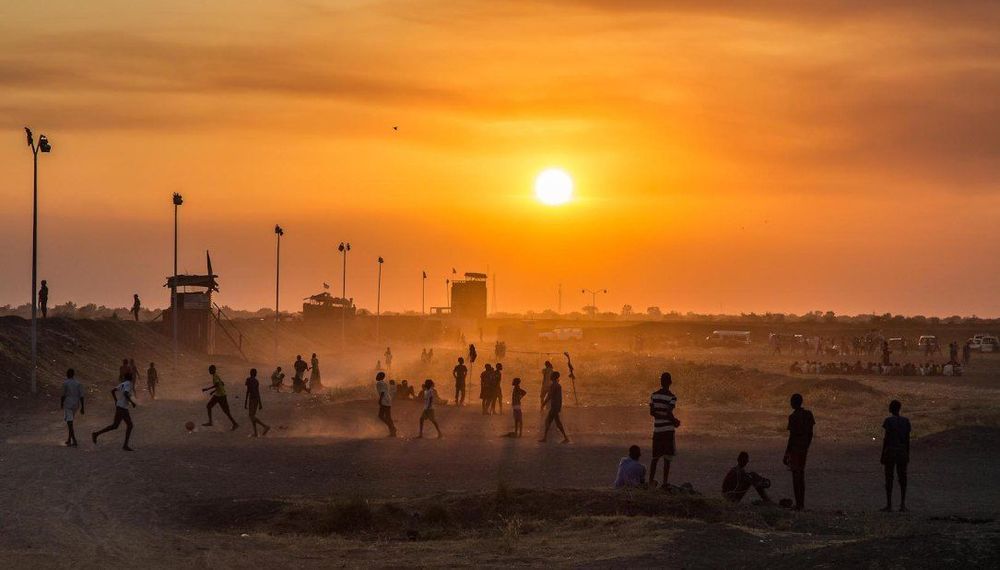Internet access in South Sudan disrupted ahead of planned protests
Activists in South Sudan planned protests against the country’s leadership, including President Salva Kiir and Vice President Riek Machar, for Monday. But instead, the streets of the nation’s capital city Juba and local internet traffic were eerily quiet as activists hid from security forces and network watchers reported a significant disruption in online access, Reuters reported,
The outage began on Sunday evening, “affecting cellular and some fixed-line connectivity,” according to independent global internet monitor NetBlocks:
“Metrics corroborate user reports of cellular network disruptions and appear consistent with an internet shutdown intended to control protests. The disruption is likely to limit the free flow of information online and news coverage of incidents on the ground. This class of internet disruption affects connectivity at the network layer and cannot always be worked around with the use of circumvention software or VPNs. Hence, it can severely limit access to information without the implementation of a total or national network blackout.”
⚠️ Confirmed: Internet disrupted in #SouthSudan amid planned nationwide protests as PCCA calls for leadership to resign; real-time network data show impact to cellular and some fixed-line services corroborating user reports; incident ongoing
— NetBlocks (@netblocks) August 30, 2021
Report: https://t.co/SIrtPjGzQO pic.twitter.com/fsaLZLyuOm
South Sudan has had a tumultuous history since separating from Sudan in 2011, including a long civil war between factions led by Kiir and Machar that only ended last year with a deal that led to the current power-sharing structure.
Security forces detained some activists and journalists ahead of the protests planned for today, although police denied the detentions, Africanews reported.
Internet disruptions all too often appear deployed by governments looking to disrupt political protests or demonstrations. In neighboring Sudan, the internet was almost completely shut down for a month in 2019 after the military violently cracked down on protests. This March, online access was also disrupted in the Republic of Congo for three days starting on the date its presidential election.
Andrea Peterson
(they/them) is a longtime cybersecurity journalist who cut their teeth covering technology policy at ThinkProgress (RIP) and The Washington Post before doing deep-dive public records investigations at the Project on Government Oversight and American Oversight.



